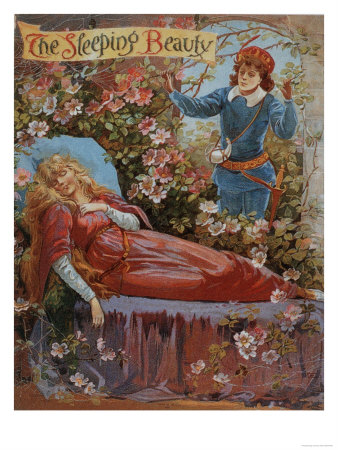Who would forget the familiar
lines “Once upon a time” and “They live happily ever after”? These were the immortalized
words that lulled me to sleep when I was a child and made me dream of an
enchanted, mysterious and strangely wonderful place, in which I can never grow
old, be the handsomest prince of all, ride on a flying carpet, or embark on an
important mission to tussle with giants, pirates and dragons.
We had once journeyed to a
magical kingdom through a wardrobe as its portal, with borders as wide as our limitless
imagination, created in our young and innocent minds from bedtime stories told by
elders or from booklets and audio cassette tapes that came with milk cartons. It
was a world where we can define who we want to become and where there is always
a happy ending.
A long time ago, we had lived
as a child, who had simple yet resolute desires, whose views about the world were
not as complicated as it is today, whose ultimate goal in life was to wait in a
well and be kissed by a beautiful princess in order to transform back into a human.
It feels good to reminisce the moment when we did not only choose to place
ourselves in the shoes of a royalty but also empathized with humble, lowly
characters who found real treasure and genuine happiness by being true to their
type. It is noteworthy to recall the valuable lessons we have learned from
these universal tales of love, life, family and friendship--tales that go on
and on through the end of time.
What made these stories
truly amazing are the morals they have taught us. We have heard these stories
several times already and they have made a lasting impression in our minds. Pondering
on some of these stories and their morals, I wonder what would have happened if
there was a twist in the plot, say, Cinderella was not able to leave behind her
glass slipper by accident, the prince did not arrive to kiss the sleeping
beauty (would she rot?), or the hare did not sleep halfway through the race.
Would there be lessons learned from altering the story? Probably not and this
goes to show that the general truths in this world remain constant.
It is nice to bring back to
life these stories and reflect upon their teachings. The almost tragic end of
Little Red Riding Hood taught us to be wary of strangers; The Three Little Pigs
showed us that you can build security by being diligent, smart, and persistent;
We have learned from Pinocchio that it is bad to tell lies, fabricate and
exaggerate stories; Cinderella was an exemplar of kindness to her family even
though they did not treat her well; Snow White radiated pure kindness and inner
beauty; The Hare and The Tortoise spoke about humility, consistency and
determination in order to win in life; The Ant and the Grasshopper was about
saving and preparing for the future; The Ugly Duckling stressed the importance
of loving yourself and the appreciation of the inner self more than the
physical appearance; Hansel and Gretel reminded us to always listen to our parents’
warnings, lest we fall into danger.
You may probably find a
resemblance of these stories in your real life. Can you relate to any one of
these characters or stories? As you already knew, the simple truths about life
can be found in children’s tales if you just take the chance to reawaken the sleeping
child within you—a child a long time ago who had an open heart and mind and believed
in the positivity of a happy-ever-after.


No comments:
Post a Comment